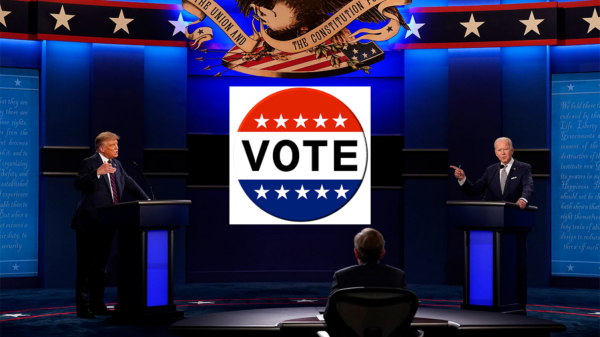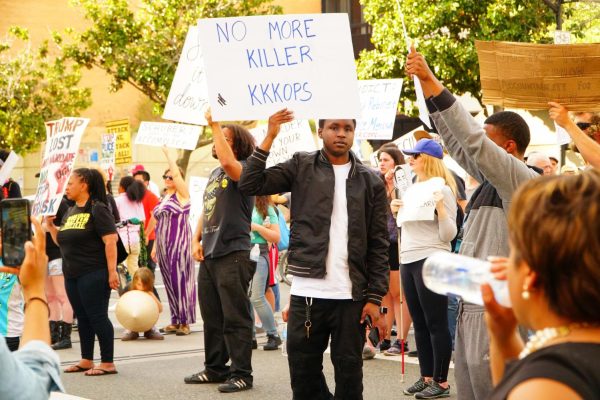Editorial: Students should be aware of online footprint
Most social media regulars post freely, even when content isn’t necessarily appropriate, and often feeling guarded by a private profile.
The term privacy should be used loosely in regards to social media.
Social media and its many platforms have changed so much in the last decade.
We’re constantly tapped into our phones while reading through pages, liking content, taking selfies and narrating timelines of our lives via Twitter, Facebook, Snapchat, Instagram and other applications.
Social media offers many positive aspects, such as connecting us with old friends or distant relatives, keeping us up to date on the latest trends around the world and overall allowing us to share our greatest moments with people who may just be sitting at home enjoying what they see.
With all of the positive attributes there are bound to be some down sides.
Recently, 19-year-old Cosumnes River College student Christopher Salazar Muñoz was arrested for posting a message that included threats to a school campus via Snapchat.
In the post, Munoz stated, “I’ll prove you don’t have to be white to shoot up a school,” according to a campus-wide email.
Since Snapchat posts don’t last forever, in fact, the longest anyone can see a message is for about 10 seconds, Munoz may have not thought twice.
Nothing you post online is ever really private, nor will it ever be.
That 10 seconds was enough for someone to see and report the threat to police, and Muñoz was arrested just hours later.
He now faces criminal charges for making threats against a school campus.
We urge students to be aware of not only their own posts, but to speak up when any kind of red flags arise within their social media circles.
According to Pew Research Center, 55 percent of adults between the ages of 18 to 29 are likely to experience being stalked or harassed online, have their social media accounts taken over or have their reputation damaged.
People go through phases, whether it was some weird haircut you had in middle school or some rebellious acts in high school that might have been funny enough to share with peers.
From the most difficult to exciting stages of your life, social media is an easy way to document all of those phases and to go back and reminisce.
However, in today’s growing social media world the messages from a post can get crossed and offend someone enough to potentially cause prolonged, unforgotten damage.
An online footprint is left.
Justine Sacco, former senior director of corporate communications at InterActive Corp., said she was tweeting harmless jokes about her encounters with some of the other flight passengers, from her personal account which only had about 170 followers, according to an interview with The New York Times Magazine.
Before she got on her flight to Cape Town, she sent out a tweet that said, “Going to Africa. Hope I don’t get AIDS. Just kidding. I’m white!” according to the interview.
The Twitter world exploded with responses to her racist comments, and Sacco was the last one to know.
Sacco said she was just tweeting at an innocent joke that was intended to be from the point of view of someone other than herself, according to the interview.
However people don’t always understand the message that is really intended.
Socco was later fired from her job.
Social media is generally a fun tool to use especially among students who want to maintain social connections while juggling heavy workloads among classes.
But, it’s also a powerful tool in getting messages out. Without monitoring posts many people can find themselves facing embarrassment or trouble over content.
Once you post it, whether you delete it or not, it may come back to haunt you.






